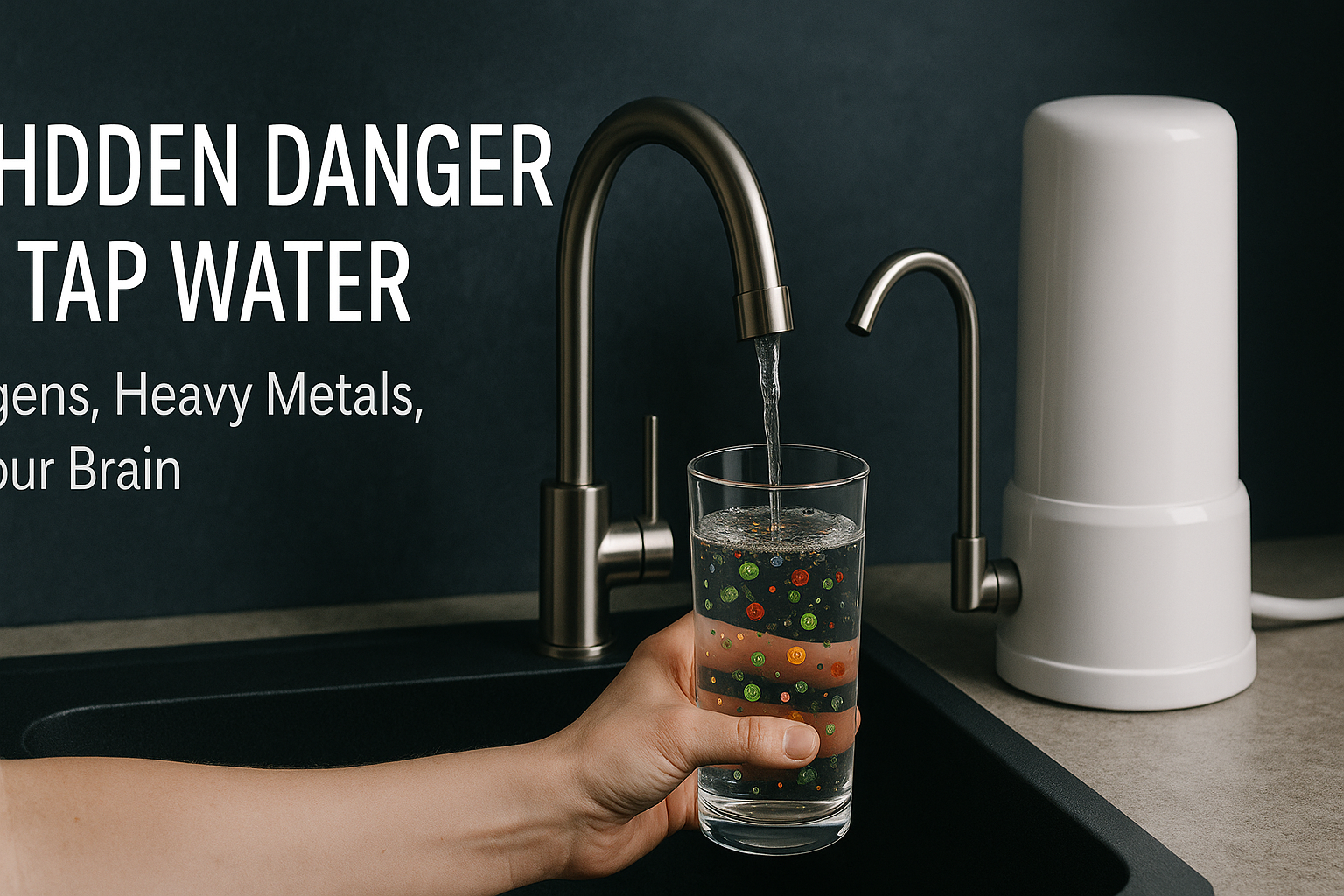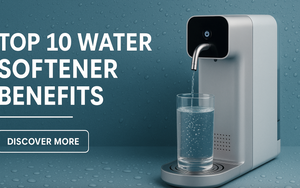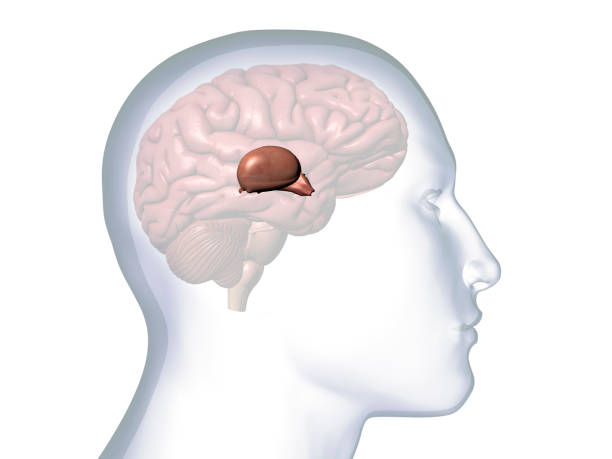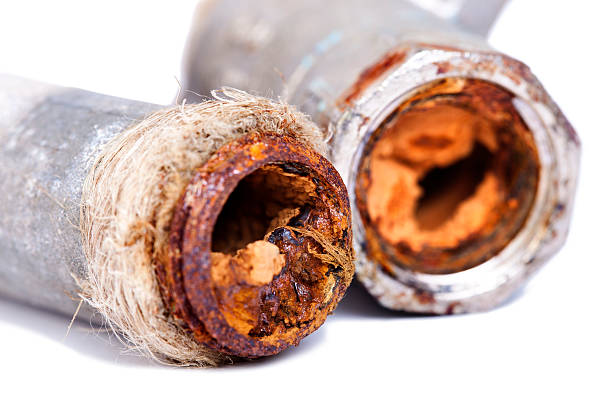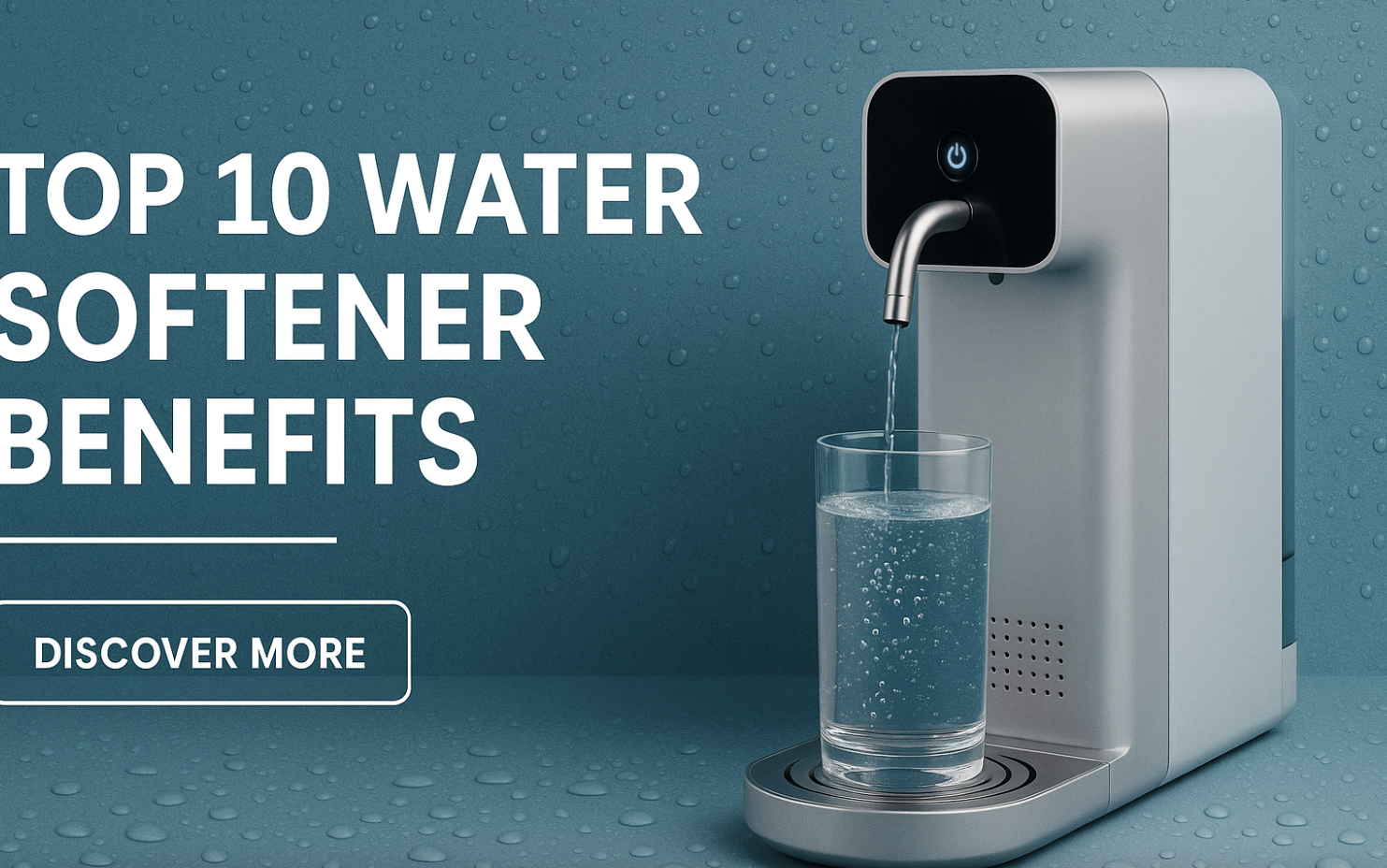In today’s health-conscious world, most people assume that tap water is perfectly safe to drink. After all, it’s regulated, tested, and deemed “safe” by government standards. But what many don’t realize is that “safe” doesn’t always mean healthy. Modern research has revealed that even treated tap water can contain traces of synthetic hormones, heavy metals, and neuroactive chemicals — all of which may influence your hormonal balance, brain function, and overall health over time.
Estrogens in Tap Water: The Silent Hormone Disruptor
Numerous studies have confirmed the presence of xenoestrogens (chemical compounds that mimic estrogen) in municipal water supplies. These substances often come from birth control residues, plastics, and pharmaceutical runoff. A study published in Environmental Health Perspectives (Kostich et al., 2014) found detectable levels of ethinylestradiol, a synthetic estrogen used in contraceptive pills, in many water systems.
Even at low concentrations, long-term exposure to synthetic estrogens can have real biological consequences. For men, it has been linked to reduced testosterone, lower sperm count, and behavioral changes. In women, it may contribute to menstrual irregularities, mood instability, and elevated cancer risks.
What’s alarming is that standard municipal filtration methods are not designed to fully remove these hormone-like compounds. So even if your water tastes fine, what’s inside may tell a different story.
Heavy Metals: Invisible But Toxic
Another overlooked threat in tap water is heavy metal contamination, including lead, mercury, arsenic, and aluminum. Chronic exposure to these elements — even at levels below regulatory limits — has been associated with neurotoxicity, cognitive decline, and developmental issues in children.
According to the World Health Organization, no level of lead exposure is considered completely safe. Trace amounts of lead, often from aging pipes or soldering, can accumulate in the body and interfere with neurotransmitter function, potentially contributing to brain fog, memory problems, and even conditions like ADHD.
What Does This Mean For Your Health?
The idea that tap water is “clean” may be outdated. Regulatory bodies often focus on pathogens and large-scale pollutants — not pharmaceutical residues or trace chemicals. These invisible contaminants might not make you sick tomorrow, but over months and years, they may slowly erode your vitality and mental clarity.
A high-quality countertop or under-sink water filter — like the ones we offer — can remove up to 99% of these substances. Unlike traditional filters, our systems are specifically designed to target a broader spectrum of contaminants, including:
-
Pharmaceutical residues
-
Heavy metals
-
Chlorine and chloramine
-
Microplastics
-
PFAS (“forever chemicals”)
And most importantly, they restore your water to its natural purity — just as nature intended.
Conclusion: Clean Water is Smart Health
Your brain is 75% water. What kind of water are you feeding it?
In a world filled with unseen toxins, investing in clean, filtered drinking water is one of the smartest, most proactive health decisions you can make. And it doesn’t require plumbing overhauls or bulky machines — just one sleek, countertop water filter, directly connected to your tap.
Because true wellness starts with the most basic element of life: water.

